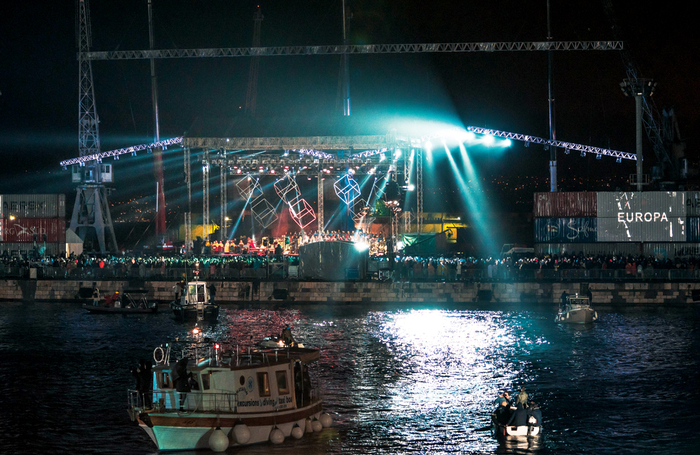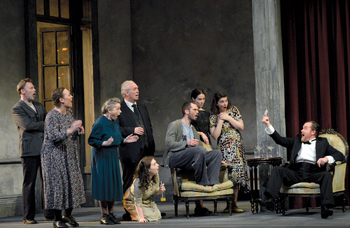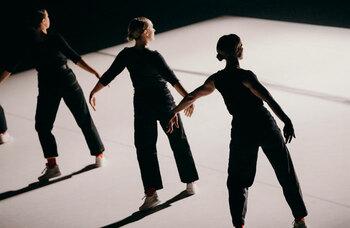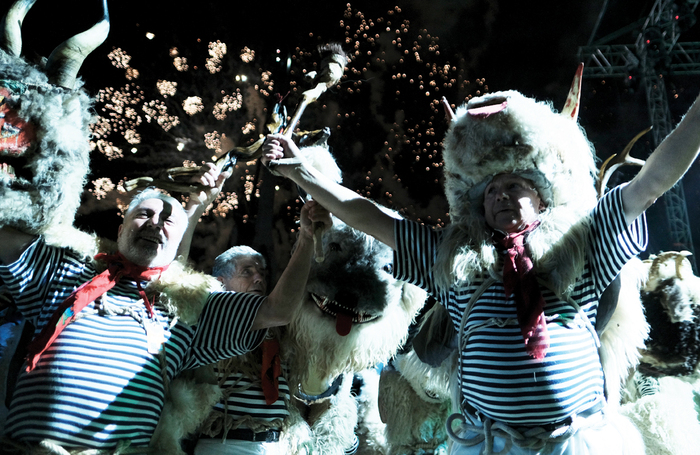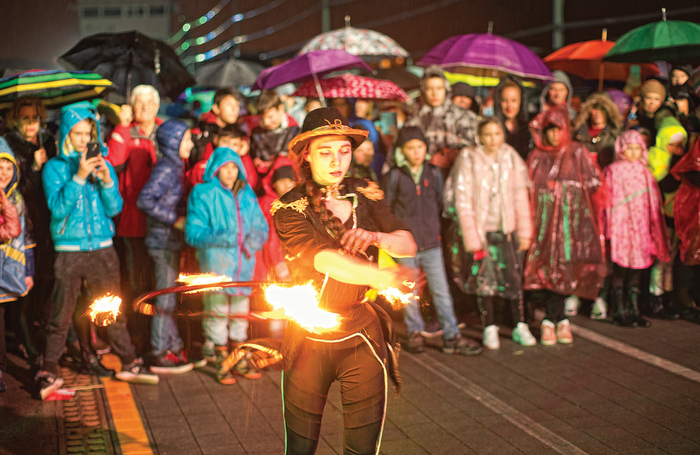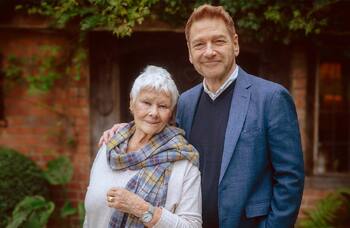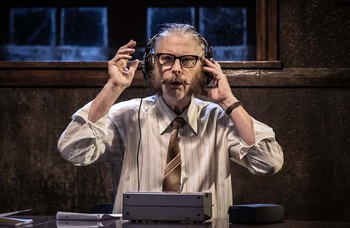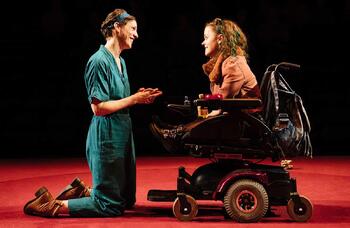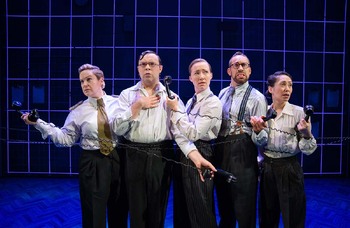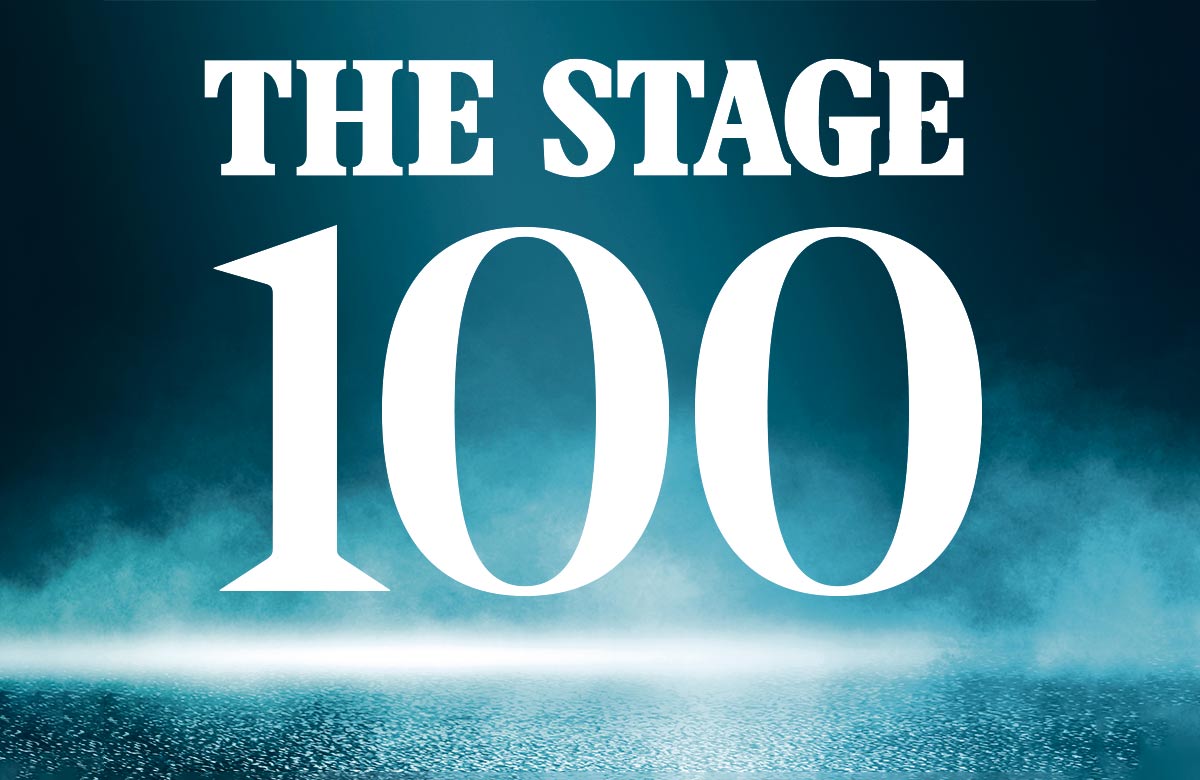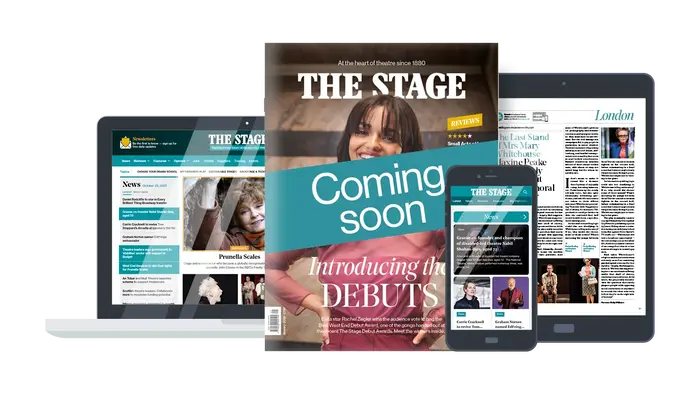European Capitals of Culture: Coping with the Covid-19 crisis
The impact of a complete shutdown of mass gatherings was bound to test an event lasting all year to its limits. Rijeka 2020 artistic director Emina Visnic tells Nick Awde how the coronavirus crisis has affected one of this year’s European Capitals of Culture
Aside from the financial impact, the unpacking of a cancelled or postponed festival is a heartbreaking experience for its organisers and participants. It’s exponentially hard if the plug has to be pulled, even temporarily, on a festival such as a European Capital of Culture that’s designed to last an entire year.
One of the current capitals of culture affected by the global coronavirus crisis is Rijeka in Croatia, the other being Galway in Ireland, both of which have spent years bidding and planning to arrive at launching their 2020 programmes.
“Of course, the biggest challenge for everyone is the crisis itself,” says Emina Visnic, chief executive officer of Rijeka 2020. “But for any culture programming affected by this, our particular challenge is how to fix a date for when we can come back again. At the moment we are almost not functioning – you can see the European capitals of culture flags flying in Rijeka and that’s about it.”
A European Capital of Culture is a complex creature that interlocks local, national and international arts events with the economy of the host city and region – think of the Edinburgh festival model multiplied by 12. But even with all the uncertainty surrounding the global restart, Visnic is fairly certain that Rijeka 2020 will not be able to count on foreign visitors.
“We don’t know that when the crisis is over whether people will be motivated to travel. My guess is that people will probably stay away, even if they take their summer holidays – many Europeans will stay within their countries.”
Another worry is that, with the economic and financial after-effects of the pandemic, there will be a partial collapse of the budget airline network, which will massively affect the relaunch of festivals worldwide.
“So we will be refocusing more on local visitors, meaning not just Rijeka, but the whole of Croatia. It’s another big challenge because one of the goals of every capital of culture is to increase tourism locally. This will be almost impossible for us, especially in the summer as we are a summer destination.”
There are two strategic goals set by the European Commission for capitals of culture. One is to develop the host city and region as a location that is attractive in the long term for visitors and investors. The other is to promote social cohesion, engaging local people not only as audience but as participants.
“We are obviously part of that social cohesion at this very moment because we have shut down to help prevent further spreading of the virus,” Visnic says. “At the same time, we now see our chance to make sense of such an environment, to produce programmes that will engage people in the celebration of coming back to our societal needs as people and as a community, to gather, to hang out, to celebrate that we are together again. This is what we are focusing on now by rethinking our whole ECoC year.”
Rijeka 2020 is intentionally not pushing much on the PR front. “People know that we are here and are preparing, so we don’t need to get too much into public communication because everything is focused on the coronavirus situation. You also have to take into account that Zagreb, our capital, had a big earthquake on March 22. That’s another terrible crisis that has affected people and their basic needs.”
The festival has also opted not to go to down the streaming route as a stopgap, adds Visnic. “There’s so much online content already. Because it’s presented by big institutions, theatres and museums, I can say frankly, it is better than any culture capital can do. It’s not about us just finding another channel to show what we can do.
‘When we return will be the moment when people recognise the importance of culture and cultural events’ Emina Visnic, artistic director
What’s more important is asking how can we react, how can we be the ones to drive this new optimism after all these measures of preventing social contexts are gone, hopefully in July.
“We believe that it will be the moment when people recognise just how important culture and cultural events are. We tend to forget when we are used to having so much around.”
Rijeka 2020 and its partners have been rearranging their budget and marketing and communication strategies, which will go to the city and Croatia’s ministry of culture for approval, particularly regarding the financial framework. “The budgets cannot be the same as they were before, so now we have to see what the new budget is and how long we can postpone for. Maybe we can go several months into 2021 as a way of prolonging the project, but it should, of course, be coordinated with the European Commission.”
The focus for Rijeka 2020 is therefore on the local, both artists and audiences, but it’s hoped that this will channel how the European Commission is redefining its own strategy on the position of culture in general, where European capitals of culture are a prominent initiative to promote a unifying European identity through the collaboration of artists. “There will definitely be a need for a special fund encouraging culture in the same way that the European Union is creating different funds for encouraging Europe’s economy,” says Visnic.
Income includes commercial sponsorship, ticket sales (making up 5% to 10%) and merchandise and souvenirs, which will decrease greatly with the loss of international audiences and has also had a bad impact on local businesses and hotels.
“What we can count on is what was always there – the base budget from public sources: in our case the city, our region and the government provided most of the budget – more than two thirds of the total. But if we’re counting on the international or European dimension, there should be an investment of at least the size of the Melina Mercouri Prize (EU funding for European capitals of culture), which is €1.5 million. Again, we’ll see how this develops.”
Once Rijeka 2020 restarts, the challenge will be how to tackle the backlog of events. “We have only cancelled what needs to be cancelled, such as all the conferences – which are all international – up to September, October.”
Generally speaking, the programme is more focused on visual arts, exhibitions or installations in public spaces, so many of these can be put on even if the participants aren’t able to come to Rijeka. It’s more tricky for theatre, opera, dance and music.
Continues...
5 things you need to know about European Capitals of Culture
1. Launched in 1985, a European Capital of Culture is a town or city chosen by the European Union for a year to programme and host connected cultural events that reflect local and EU ideals. The first was Athens.
2. Cultural capitals always come in pairs. Galway in Ireland is the other capital of culture for 2020.
3. The European Commission manages the programme and the EU Council of Ministers formally award the ECoCs. To date, 62 cities have held the title, usually with two cities per year (nine to mark 2000). Past ECoCs for the UK and Ireland are Glasgow (1990), Dublin (1991), Cork (2005) and Liverpool (2008).
4. Like Eurovision, non-EU cities have been chosen for European Capital of Culture: Reykjavik, Iceland (2000), Stavanger, Norway (2008), and Istanbul, Turkey (2010).
5. Despite this, the EC cancelled the UK’s bids to host for 2023. Cities and towns including Dundee, Nottingham, Leeds, Milton Keynes, Belfast and Derry /Londonderry had already spent large budgets to complete bids. Contrary to its regulations, The European Commission continues to insist the UK will no longer be eligible after Brexit.
The last big performance was a mini-festival by Belgium’s Needcompany comprising three shows and an exhibition at the end of February and the beginning of March. “But we were facing a big challenge over ticket sales because people were already hesitating to go to any public gatherings,” says Visnic.
Another big event is Spring Forward, Aerowaves’ peripatetic annual dance festival that was slotted for April but is now on track to be transferred to October. However, a virtual edition took place on April 24 to 26, with video references to the originally planned venues in Rijeka.
A new production that should have premiered three days after the shutdown is Practising Life – Second Time, produced by the Croatian National Theatre in Rijeka.
“It is a local production, not an example of international collaboration, and it’s important because it’s a drama that speaks about the Italian community in Rijeka and things like the troubles they had after the Second World War. It was performed for the first time in the 1990s and has an important symbolic role as one of the legendary performances here.
“So it was a big challenge to do a new version – and then, just three days before the premiere, we had to cancel it. We’re going to finish shows like that. We have to preserve them for as soon as we can stage them.”
Profile: Rijeka, European Capital of Culture 2020
Location/ population: Croatia, 128,624
Artistic director: Emina Visnic
Due to start (paused due to coronavirus pandemic): February 1, 2020
Events: More than 600
Budget: €71.3 million, of which €18.5 million was for the artistic programme
Visit website for full details: rijeka2020.eu
Recommended for you
Recommended for you
Most Read
Across The Stage this weekYour subscription helps ensure our journalism can continue
Invest in The Stage today with a subscription starting at just £7.99
